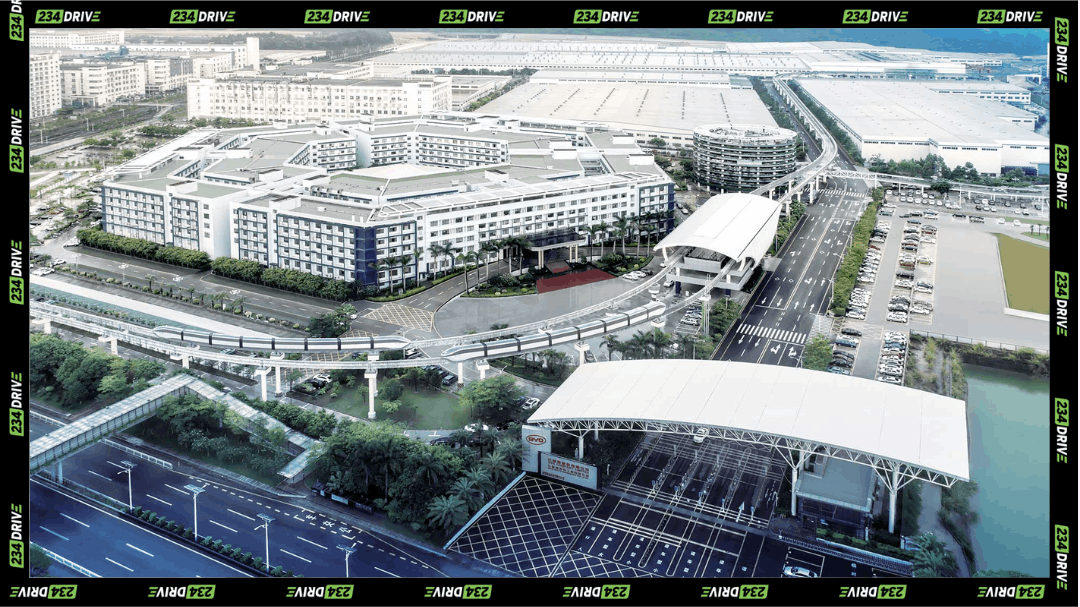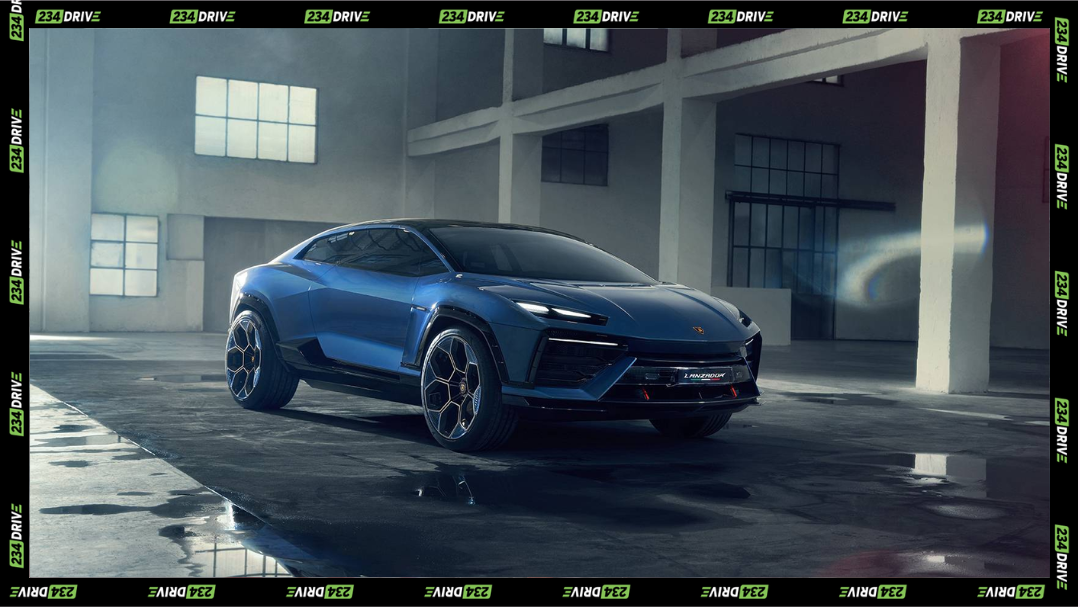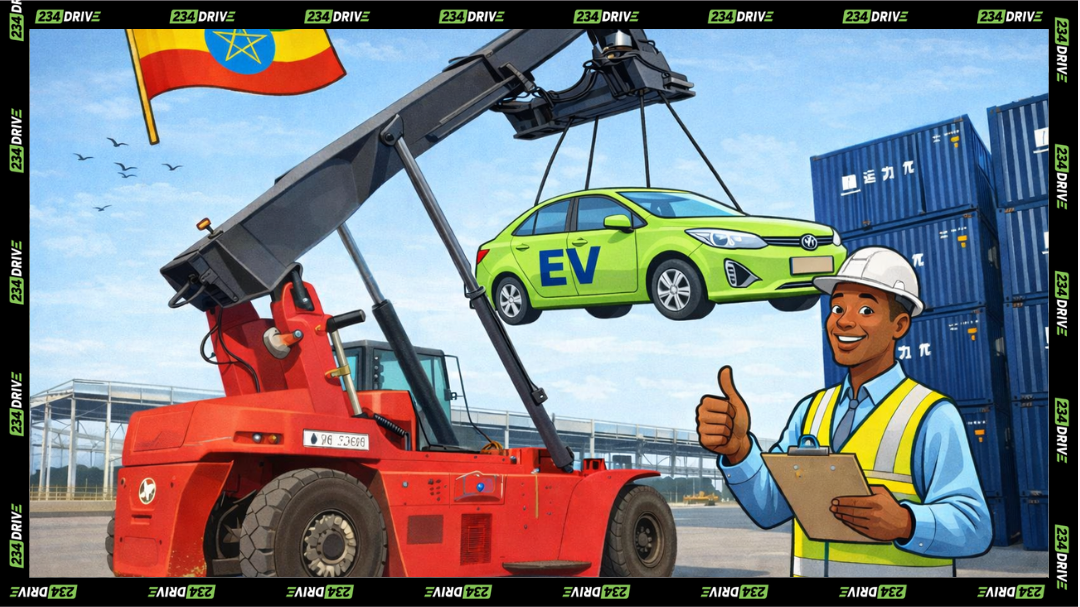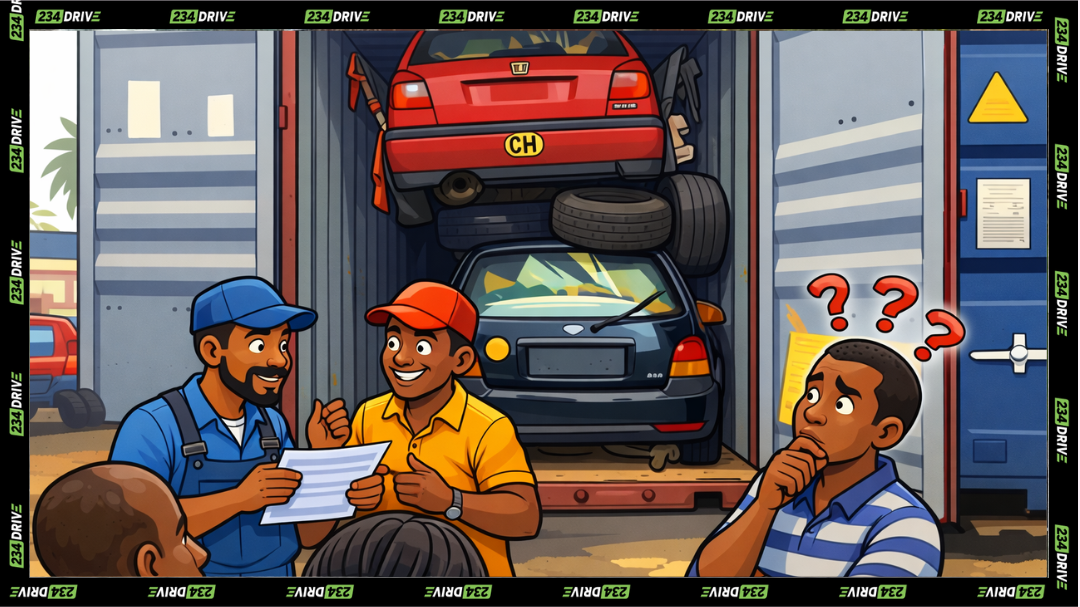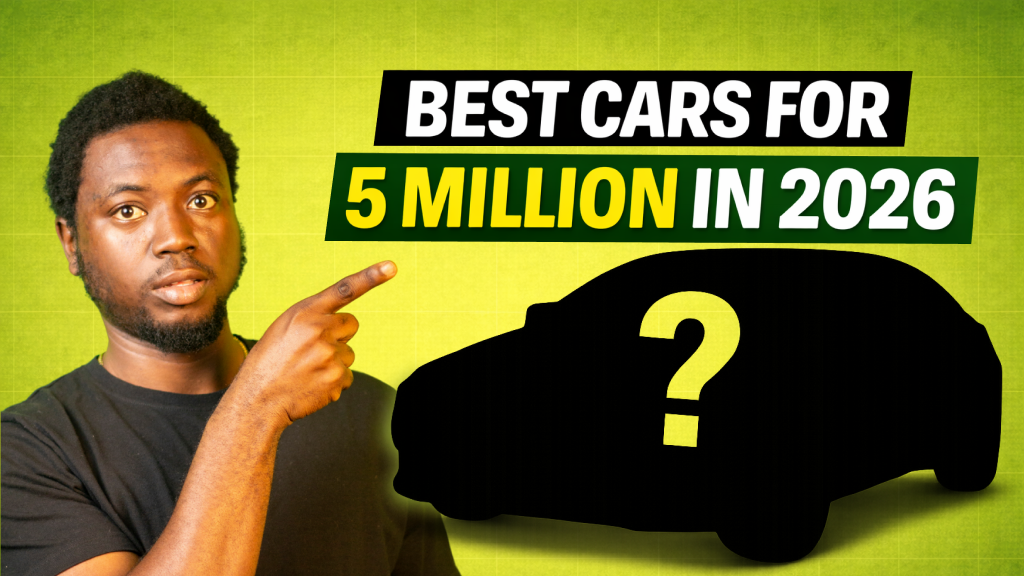For a while now, President Trump has been placing tariffs on imported goods. The automotive sector was not left out, as he placed a 25% tariff on all imported vehicles to the country. This singular decision shook the automotive world, as the US market is a big one for many car companies. Trump was however forced to back down from most tariffs due to retaliatory tariffs imposed on the US—especially from China. But the 25-percent tariff on imported vehicles was not addressed and as such, remains in place.
Effect of the 25% Tariff on the Automotive World
As a result, companies like Nissan which produce about a third of their vehicles in Mexico have cause to worry. Other car companies also seem to be feeling the heat. For instance, Jaguar Land Rover (JLR) has apparently stopped sending new vehicles to the US for the month of April while trying to figure out how to respond. A Jaguar spokesperson told Sky News, ‘The USA is an important market for JLR’s luxury brands. As we work to address the new trading terms with our business partners, we are enacting our short-term actions including a shipment pause in April.’

According to Autoblog, the US accounts for about 25 percent of JLRs global sales. Americans are known to like big SUVs and the Range Rover lineup perfectly fits the description. They also added that the US is JLR’s biggest single market. The full-size Range Rover, Range Rover Sport, and the Land Rover Defender do well in the US market. These cars command high prices and deliver big profits. To put things in perspective, during the last financial year for JLR which ended in March 2025, the three aforementioned models alone accounted for 67.8 percent of total JLR sales worldwide. Hence, we have a glimpse of how the 25% tariff can adversely affect JLR.
Jaguar Land Rover in a Quandary

Unlike other non-American car companies like Mercedes and BMW, JLR has no large production plants in the US. Majority of their cars are produced in Europe-based plants and shipped to the US afterwards. The British company has considered erecting a manufacturing plant in the US. However, the cost of such project would be more than a billion dollars. More so, it would take at least two years to complete a fully functioning plant. That is a lot of time and resources JLR is probably not willing to gamble on in such a dynamic automotive world.

What it boils down to is that if the 25% tariff on imported cars is not addressed, imported cars into the US will become expensive in general. Meaning that a 2025 Range Rover, which starts at 107,900 USD (171 million naira) could cost 134,875 USD (214 million naira) after the tariff. The tariffs may not affect Nigeria as much, because we can import cars from anywhere in the world outside the US. However, the second-hand car market in Nigeria may become expensive. This is because quite a number of ‘tokunbo’ cars come into the country from US auctions. Nonetheless, There is still a lot of uncertainty concerning the 25% tariffs. So, we can only watch to see how things unfold. What are your thoughts?



